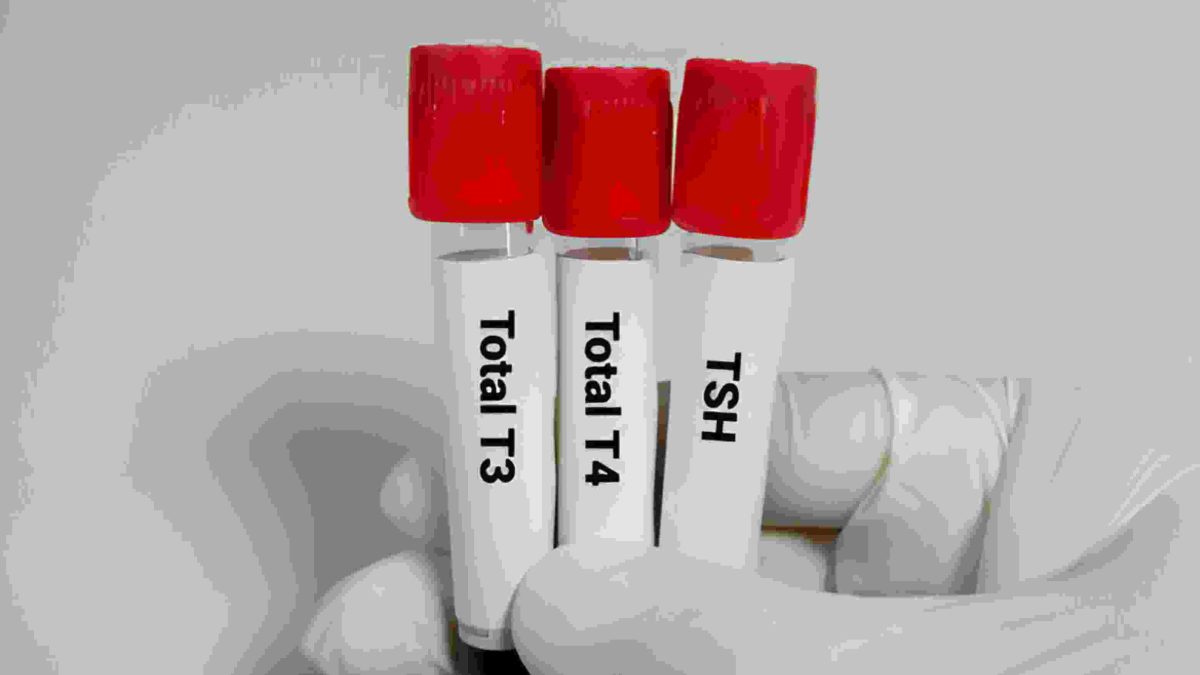Table of Contents
What is TSH?
Thyroid Stimulating Hormone (TSH) is produced by the pituitary gland and regulates the production of thyroid hormones. TSH levels serve as a primary indicator of thyroid function, helping doctors determine if the thyroid is overactive (hyperthyroidism) or underactive (hypothyroidism).
Normal TSH Range
The normal TSH range typically falls between 0.4 to 4.0 mIU/L (milliunits per liter), though this may vary slightly between different laboratories and age groups. Values outside this range indicate potential thyroid dysfunction:
- Below 0.4 mIU/L: May indicate hyperthyroidism
- Above 4.0 mIU/L: May indicate hypothyroidism
Thyronorm: An Overview
Thyronorm (Levothyroxine) is a synthetic form of the thyroid hormone T4, prescribed to treat hypothyroidism. It’s crucial to take Thyronorm on an empty stomach, typically 30-60 minutes before breakfast, for optimal absorption.
Thyronorm Dosing Guidelines
Dosing is highly individualized and depends on several factors:
Initial Dosing
- Young, healthy adults: Usually start with 25-50 mcg daily
- Elderly patients: Begin with 12.5-25 mcg daily
- Patients with cardiac conditions: Start with 12.5-25 mcg daily
- Children: Dosing based on age and weight
Dose Adjustments Based on TSH Levels
- TSH > 10 mIU/L: Consider increasing dose by 25-50 mcg
- TSH 4.5-10 mIU/L: May increase by 12.5-25 mcg
- TSH 0.1-0.4 mIU/L: Consider reducing dose by 12.5-25 mcg
- TSH < 0.1 mIU/L: Reduce dose by 25-50 mcg
Monitoring and Adjustment Protocol
Regular monitoring is essential for optimal treatment:
Frequency of Testing
- Initial diagnosis: Check TSH every 6-8 weeks
- After dose adjustments: Retest in 6-8 weeks
- Stable patients: Monitor every 6-12 months
Special Considerations
- Pregnancy: More frequent monitoring required; TSH goals are typically lower
- Elderly patients: More sensitive to dosage changes; require careful monitoring
- Heart conditions: Need gradual dose adjustments to prevent cardiac stress
Factors Affecting Thyronorm Absorption
Several factors can influence how well the body absorbs Thyronorm:
- Certain medications (iron supplements, calcium supplements)
- Coffee consumption
- Fiber supplements
- Some antacids
- Certain foods when taken too close to medication time
Treatment Goals
The primary objectives of Thyronorm therapy are:
- Achieve and maintain normal TSH levels
- Alleviate symptoms of hypothyroidism
- Prevent long-term complications of untreated thyroid disease
- Maintain quality of life
Common Mistakes to Avoid
- Taking medication with food
- Inconsistent timing of daily dose
- Frequent dose adjustments without proper testing
- Not informing healthcare provider about other medications
- Missing follow-up appointments
Warning Signs
Patients should interact with their healthcare provider if they experience:
- Rapid heart rate or palpitations
- Excessive sweating
- Anxiety or nervousness
- Unusual fatigue
- Weight changes despite stable diet
- Changes in sleep patterns
Regular monitoring, proper medication timing, and open communication with healthcare providers are essential for successful thyroid hormone replacement therapy. Patients should never adjust their Thyronorm dosage without medical supervision, as even small changes can significantly impact thyroid function and overall health.


